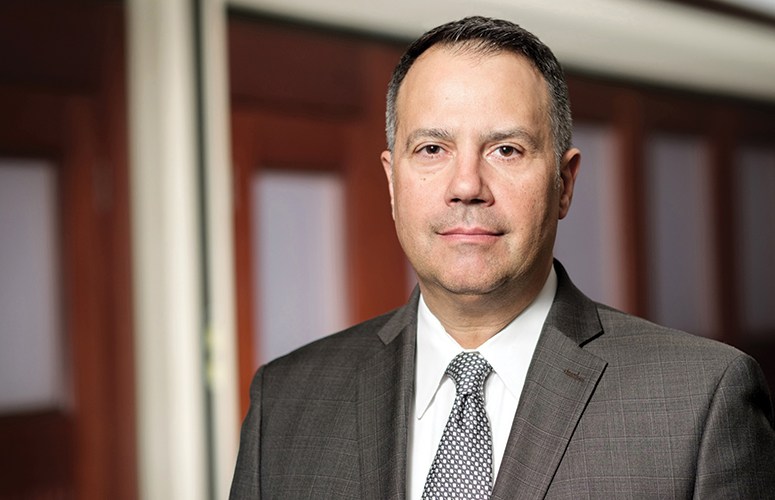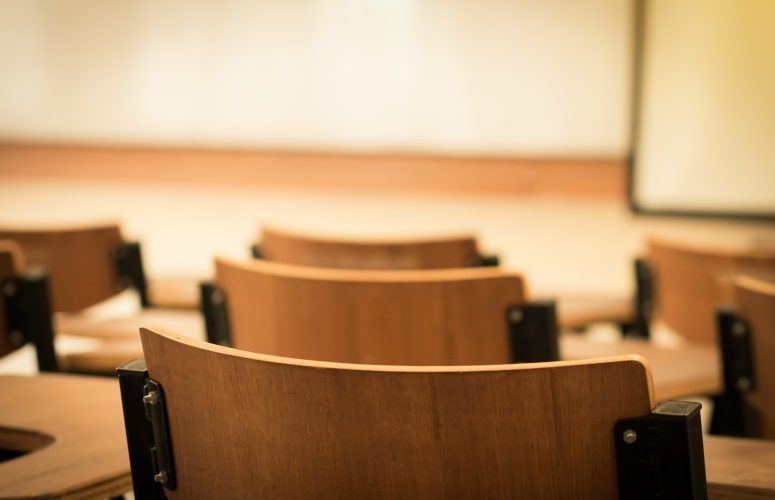
Establish a Culture of Security to Keep Schools Safe
Before You Go
By Jim Pytell, Assistant Editor On Nov 17, 2018As students and faculty across the country have settled in for a new school year over the past few months, school safety is a top concern for administrators and continues to flow through the public’s consciousness in the wake of several tragedies that have transpired at schools across the country in recent years.
Morristown-based Porzio Compliance Services’ School Safety and Compliance team was developed in response to concerns about the likelihood and impact of violence on a safe learning environment for students and school employees. The team works to educate and consult schools on how to best keep themselves safe and secure while still functioning smoothly.
Jim Mottola is the vice president of data privacy, investigations and security for Porzio Compliance Services, and a member of the specialized team focusing on school safety. He has 25 years of experience in the US Secret Service including serving as the former Special Agent in charge of the Newark Field Office of the US Secret Service.
“It’s a very complicated issue – it’s more than just putting locks on doors,” says Mottola, whose prior experience affords him a unique perspective into this particular issue.
“[As an agent,] we are experts at looking at physical environments and determining how to best protect, [for example], the President, and also to consider the other people who are in attendance at a specific event. You need to consider the people who are simply going about their day as students or at work, and figure out how not to disrupt those environments,” he says.
Since every physical location is different – in this case school buildings – there is not a one-size-fits-all solution. “You can’t just shut down everything. You have to figure out a way to make things secure so people can continue to function and do what they do,” Mottola says. “This is very difficult to do.”
Mottola says the biggest challenge is figuring out how to change the way people think about security, and to establish a new culture.
One of the simplest yet most effective things that schools are doing to help establish a culture of security is conducting drills. While you can’t prepare for every possible scenario, it is important that everyone knows how to react to a given situation and understands what the first thing they need to do is if something goes wrong.
“Everyone needs to be on the same page – at least for those first few movements,” Mottola says. “After that, instincts, situational awareness and the situation itself will dictate what to do next … but incident response planning is important.”
In addition to changing the way people think, physically retrofitting school buildings that were originally build for ease-of-access as opposed to raw security is also a challenge that is being tackled.
Mottola says that, ultimately, there is no acceptable level of risk, but he notes that it is also almost impossible to prevent against every situation. “Knowing that,” he continues, “schools should continue to strive to be the best they can be.”
Related Articles:






